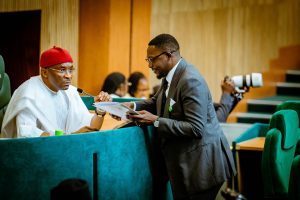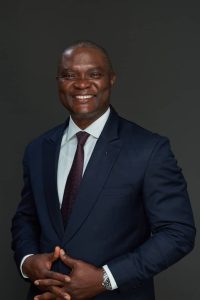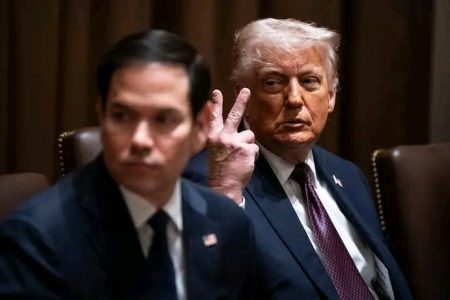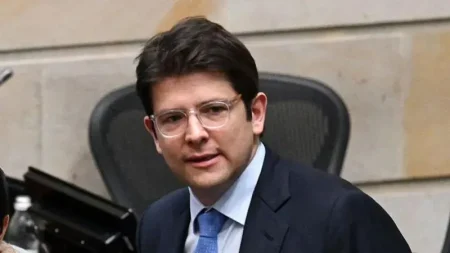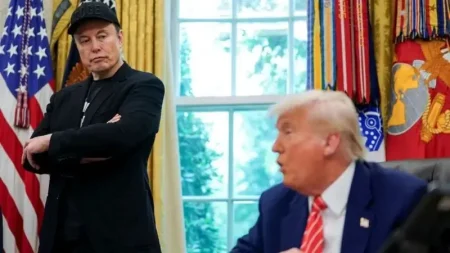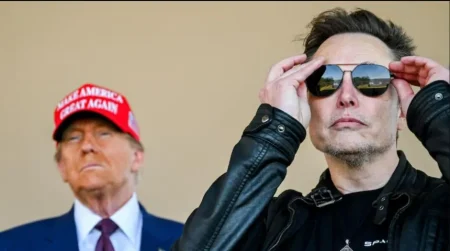Donald Trump has ignited fierce backlash from Democrats after suggesting that the U.S. military or National Guard should be deployed against his political opponents during the upcoming presidential election on November 5.
In remarks aired on Fox News, the Republican nominee referred to his adversaries as “the enemy within” and singled out California Congressman Adam Schiff as a greater threat to American democracy than foreign terrorists or illegal immigrants—frequent targets of Trump’s rhetoric. Schiff, a leading figure in Trump’s first impeachment trial, was accused by the former president of engaging in election fraud without any evidence.
Trump’s comments fueled concerns about authoritarianism and were immediately condemned by Vice President Kamala Harris’s campaign. Harris likened Trump’s words to past statements where he vowed to be a dictator “on day one” of a second presidency and advocated for the termination of the U.S. Constitution to overturn his 2020 election defeat.
At a campaign rally in Pennsylvania, Harris lambasted Trump’s remarks, calling him “unstable and unhinged,” and warned that a second Trump presidency would pose a grave risk to the nation. “Donald Trump is increasingly dangerous,” Harris said, sharing a clip of Trump’s interview with supporters.
Experts on authoritarian regimes also weighed in. Ruth Ben-Ghiat, a historian at New York University, noted that Trump’s rhetoric mirrors tactics used by leaders like Hungary’s Viktor Orbán, India’s Narendra Modi, and Russia’s Vladimir Putin to consolidate power.
While polls show Harris with a slight national lead, the battle for key swing states remains fiercely competitive, giving Trump several paths to potential victory.
During the interview, Trump criticized Schiff, who is running for Senate, calling him a “low-life” and “a bigger threat” than Chinese President Xi Jinping. Trump mocked Schiff’s appearance at a rally in Coachella, California, labeling him “shifty” and accusing him—again, without evidence—of orchestrating mass voter fraud in the state.
Schiff responded forcefully on social media, warning that Trump’s language promotes violence, just as it did during the January 6 Capitol riot. “Today, Trump threatened to deploy the military against the ‘enemies from within.’ The same thing he has called me,” Schiff wrote.
Harris’s campaign further condemned Trump’s comments, stating, “Donald Trump is portraying fellow Americans as worse than foreign enemies and pledging to use the military against them. This is alarming and should trouble anyone who values freedom and democracy.”
Trump’s rhetoric is not without precedent. During the 2020 protests following George Floyd’s death, he demanded the military be deployed to suppress demonstrators in Washington, D.C. This move was reportedly met with resistance from Gen. Mark Milley, then-chairman of the Joint Chiefs of Staff, who nearly resigned over the order. Milley, now a frequent Trump critic, later described the former president as “a total fascist” and warned that if Trump returns to office, he could target military leaders who defied him.
With both candidates locked in a tight race, Trump’s inflammatory rhetoric has raised the stakes, leaving many wondering what a second Trump presidency could mean for the future of American democracy.


